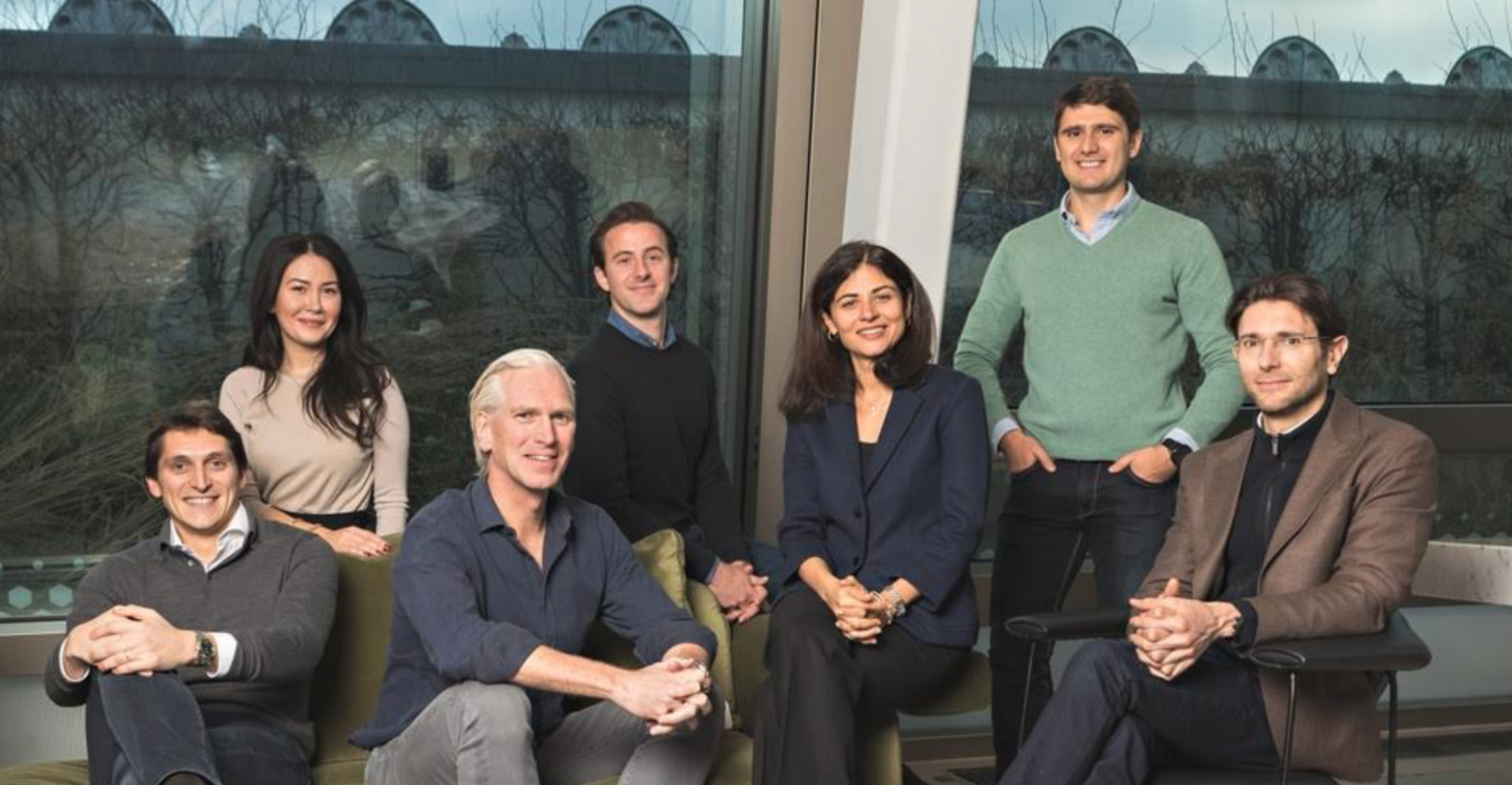Interactio, a live translation platform used by the United Nations and the European Parliament, has raised a $31m Series A round — the largest ever Series A for a company headquartered in the Baltics.
The company, based in Lithuania, secured the funding from Eight Roads Ventures, Storm Ventures, Practica Capital and Notion Capital; as well as angel investor Jaan Tallinn, the cofounder of Skype, and Young Sohn — the ex-chief strategy officer of Samsung.
The large round is another sign of the maturing tech ecosystem in the Baltics, a region where capital and experienced operators were hard to find until recently.
Now the region is churning out more tech successes, such as Vinted, the Lithuanian unicorn which raised €250m earlier in May.
“We were behind in the global startup ecosystems overall,” says founder Henrikas Urbonas. “When we started Interactio, there was very limited capital available, and close to no angel ecosystem to help the initial startups.”
That’s changed, he says: there are more funds and they’re becoming more international, bringing in expertise from abroad, and there’s also a more thriving angel investment ecosystem in each of the Baltic states.
“We should expect more rounds like this to come from the Baltics, we have a much stronger ecosystem than ever before.”
Interactio’s fundraise is, according to data from Dealroom, the largest Series A from a country headquartered in the Baltics, and far ahead of the second largest round — a $10m Series A raised by Estonian billing platform Fortumo.
How it works
Interactio provides a platform where participants join online and select which language they want to follow a meeting in. The system still uses interpreters but it directs all the content to each user in the language they select.
“If you want to join a meeting in English, you’d hear the English translators unless a speaker switched to talking directly in English, then you’d hear them,” explains Urbonas, who previously worked in a shipyard, where workers spoke different languages to each other.
“The aim is for everyone to be able to participate in the meeting in their preferred language.”
Large meetings such as those at the UN or the European Parliament can use up to 24 languages at once, he says, and, because of the cognitive strain of live translation, up to three interpreters can be assigned to each language.
Interactio exists to organise all the different channels of communication going on in one meeting, so each individual can hear a seamless conversation in the language they choose.
The future of meetings
As well as the UN and European Parliament, the company counts BMW, JP Morgan and Microsoft as customers.
For corporate clients, Urbonas says that automated translation could work well, especially as there’s a shortage of interpreters in some sectors; but for high level political meetings, there’s no margin for error and human translation is the way to ensure this.
The platform was built as an in-person meeting tool, where participants join the translation via a phone app. When the pandemic began, they switched to the web platform and went on to experience a twelve-fold increase in users across the last year.
Going forward, Urbonas predicts a hybrid model, where some people join in person and some people join online, will become the norm — it’s how the European Parliament is currently operating, for example.



